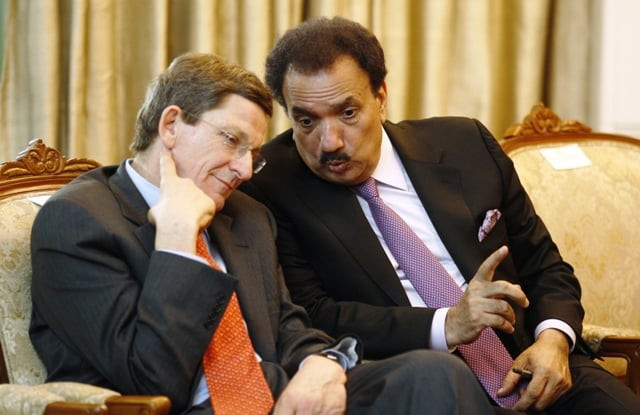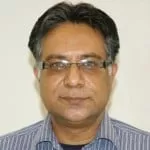The Parliamentary Committee on National Security has presented its recommendation to the parliament, and the defence and cabinet committees are set to endorse the new terms of engagement with the United States. Despite all the fuss, it seems that there is no fundamental change in the relations between these strange bedfellows.
Washington does not want a breakdown of ties because that would serve no tangible purpose; severing ties with an ally like Pakistan could adversely affect America’s national interests in the region. For Pakistan, a breakdown would not do well politically, strategically and, more significantly, economically.
So what are the two allies hoping to achieve by re-examining their relationship?
For Islamabad, I suppose the focus would be on the following:
- A re-imbursement of the Coalition Support Funds as there has been a marked difference of opinion between the Department of Defense and GHQ regarding this in the past.
- Levying of taxes on NATO for using Pakistani routes.
- An end to drone strikes in the tribal belt.
- An apology on Nato’s Salala strike that killed 24 Pakistani troops.
On the first two points, Washington should have a problem and money matters can be resolved to Islamabad’s liking.
On the remaining issues, the United States is unlikely to budge. Drone strikes, though apparently unpopular in Pakistan, are an effective means for Washington. This is because they are the only alternative to US boots on Pakistani ground, and have reportedly served their purpose, however limited that may be.
As far as Nato’s apology goes, it has become increasingly clear that it will not come from the White House, if it does at all.
However, what may happen is that Washington might consider apologising for Salala on a micro level to pacify the strong anti-US lobby in Pakistan and to give a face-saving argument to foreign policy handlers.
Now let’s talk about the broader picture.
Pakistan is aiming to have a better position in the talks with the Taliban and would like to shape the discussion on the end-game in Afghanistan to its liking. Having a seat on the table during these talks and ultimately vying for a pro-Pakistan Pashtun government in Kabul are long-term objectives.
This may prove tricky as far as Washington is concerned, because the US has spent billions on Afghanistan and its northern coalition to simply abandon its long-term objectives in Afghanistan and concede to a pro-Taliban dispensation. Hence, for US security interests, the move could prove suicidal.
Another reason why the United States will not walk away from the stage as many are hoping and predicting, is that it needs Pakistan to resolve the issues of North Waziristan, Mohmand, Bajur and Kurrum Agencies of FATA - that is where the Taliban and al Qaeda core is said to be. Unless the area is purged, the Afghanistan mission would go topsy-turvy and take Washington back to 2011 in terms of security.
At the end of it all, the objectives of Grossman’s visit are limited. Strategic planning is not on his agenda. His visit is going to simply infuse some sanity into Pak-US relations. The long-term debate, however, is to get Pakistan to pick a side.
Will it be easy for us to run with the hare and hunt with the hounds?
Read more by Rizwan here.
------------------------------------------------------------------------------------------------------
[poll id="142"]



COMMENTS
Comments are moderated and generally will be posted if they are on-topic and not abusive.
For more information, please see our Comments FAQ